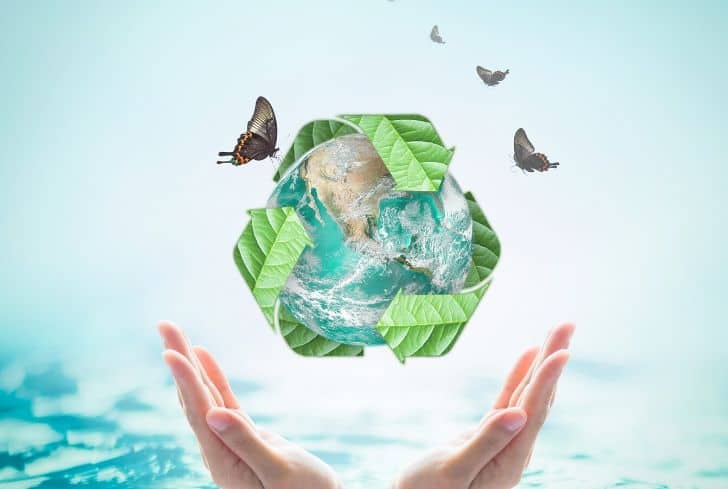Educating Kids About Recycling
Recycling is when old materials are broken down into smaller parts and made into new products. It has many environmental and economic benefits, including lower production costs, saving energy, and reduced pollution and greenhouse gas emissions.
Recycling reduces the amount of waste in landfills and incinerators, which can leach toxic chemicals into the air, soil, or water. It also helps preserve and protect the natural environment. For more information about recycling, visit WCS Facilities Management.
In addition, recycling reduces the need to extract, refine, and process raw materials, such as petroleum, wood, or minerals. This saves energy and can help prevent the depletion of natural resources, especially in poorer communities that often have less access to those sources of raw materials.
A strong and well-developed recycling program can increase community pride and bring people together to improve the world. This is why we encourage residents to take an active role in their community by finding ways to recycle and reducing the amount of trash they produce.
Recyclables can be collected curbside from homes and businesses. Some communities also offer bins for household and commercial waste.
Most recyclables are sent to a processing facility for further sorting and cleaning before being transported to a manufacturing facility, where they will be transformed into a new product. This process can be time-consuming and may require additional equipment and personnel.
Educating Kids
Children can be excellent advocates for a waste reduction and recycling program. They naturally desire to save the planet and can easily hold others accountable for their trash. They also understand that recycling and reusing can save money, which is an essential part of a healthy community.
The best way to educate students about the importance of recycling is through hands-on activities and lessons. For example, Waste Management has a mobile "Environmental Education Box" that travels to schools and allows students to learn about recycling on their field trips.
In addition to this, the County provides in-class lessons and field trips for children at local elementary schools on topics like composting, recycling, and reuse. These are tailored to meet California curriculum standards and include information on organic material management, the benefits of recycling, and how recycling programs work.
A high-quality waste collection system and educational campaigns are a must to ensure that your recycling program is effective. In addition, a good waste management program benefits the environment and keeps your neighborhood looking beautiful.
It is an easy way for people to contribute to a sustainable society and makes everyone feel better inside and out. For example, suppose your city or town has an effective recycling program. In that case, getting people involved by placing bins in their neighborhoods or educating them about how recycling benefits the whole community is easy.
Recycling programs can be an excellent way for cities and towns to save money on waste disposal costs. It can also stimulate a business sector economically, leading to new job creation and increased tax revenue. This boosts the economy and improves living conditions for all residents.



Comments
Post a Comment